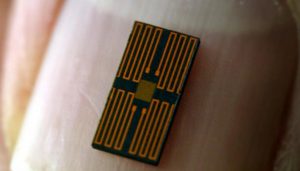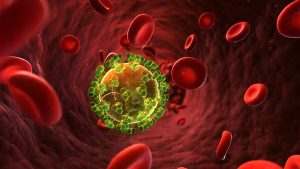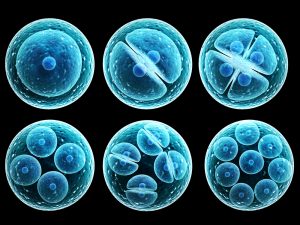Knowledge… it is this small word which changes the human life. Trying to garner more and more knowledge, the brain becomes a storehouse of information, details which then can be used to implement a better life in the world. Scientists work round the clock to create new knowledge which will help everyone understand the natural phenomena going around us. A lot of new discoveries have happened in the last decade which proves that exciting times are ahead. Here are some of the important scientific discoveries in the last decade that have affected human life in a major way.
Detection of Gravitational waves (2016)
Scientists say this to be the greatest discovery of the 21st century. The legendary scientist Albert Einstein first predicted in his theory of relativity that time travel will be possible. Now, it has been proved by the recent findings. The ‘LIGO’ project based in the United States has detected gravitational waves which can help scientists in building a time machine and travel to the earliest and darkest parts of the universe. This was the first time that the world witnessed the ‘ripples in the fabric of space-time’.
Water on Mars (2015)

There has always been this curiosity as to whether life exists on Mars. Scientists have carried on extensive research on this aspect. They made the breakthrough in 2015 when water was discovered on the Mars. Using the imaging spectrometer of NASA’s Mars Reconnaissance Orbiter (MRO), scientists detected hydrated salts in different locations of the planet. During the warm season, these hydrated salts darken and flow down steeply. Scientists then said hydrated salts can only form when there is existence of water which proves that the liquid is available in Mars.
Computer chip that can replicate the human brain (2014)

This was thought of as an impossible achievement even few years back. However, in 2014, scientists of IBM made a computer chip which works similarly to the human brain. The chip has 5.4 billion transistors and consumes 10,000 times less power than conventional computer chips. Called the ‘SyNAPSE’, the chip works by simulating the synapses found inside the human brain, 256 million of them, to be precise. The chips can easily be programmed to do whatever to do whatever the user wants them to do. This revolutionary technology will definitely help in betterment of the computer industry in the years to come.
Largest black hole (2009)

In 2009, a team of astronomers set about measuring the mass of a black hole that had been recently discovered. It was titled ‘S5 0014+81’. When they started carrying out the measurements little did they know that were about to step into something really big. The size of the black hole was 10,000 times more than the one at the centre of the Milky Way. Thus it is the largest black hole to be ever discovered. This body is equivalent to 40 billion solar masses. Astronomers later said that the mass of the black hole is 40,000,000,000 times bigger than what the sun has.
Progress in HIV cure (2007)

According to a couple of websites the number of HIV patients worldwide now stands at 36.7 million, 1.8 million among them being children. A killer disease, HIV can turn into an epidemic in the near future say researchers on the subject. But then there is also a hope of light on the dark horizon. In 2007, German hematologist Dr. GeroHütter successfully cured HIV patient Timothy Ray Brown by transplanting bone marrow from an HIV-immune patient. Also for those who can afford it, Antiretroviral therapy also can extend the life of HIV-affected patients considerably. It is available in Germany and in some other advanced nations. One can be hopeful that there will be some remedial methods to fight the dreaded disease in the near future.
Reprogramming of Stem cells (2006)

Path-breaking research in the stem cell segment has contributed largely in decreasing a patient’s dependence on donors or medications. The work in the aspect was done by the scientists of Massachusetts General Hospital and Harvard Medical School. They have shown that functions of the human heart can be regenerated through adult skin cells. Stem cells also can contribute in the growing of an organ in the human body as they play an influential role in the regenerative nature of living organisms. Stem cells have this innate quality of changing into any kind of cell they like. If your body is lacking in white blood cells then stem cells can replenish the void. No doubt it has redefined human living.
PNN & Agencies






































